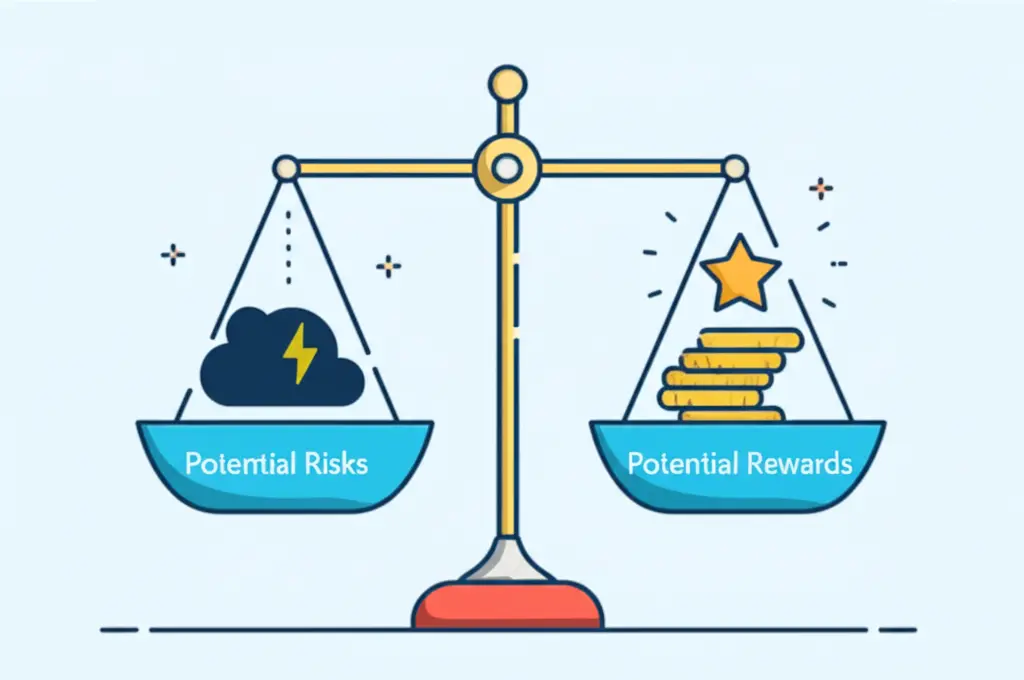Unlocking the Mysteries of Structured Products: A Beginner's Guide
Explore what structured products are and whether they're right for your financial goals.

Have you ever heard of structured products and wondered if they're a golden ticket to boosting your investment portfolio? Or maybe you jumped in headfirst and now find yourself knee-deep, trying to understand how they work. Either way, let's demystify structured products and see if they're the right fit for your financial strategy.
What Are Structured Products?
Structured products are sophisticated financial instruments combining securities such as bonds and derivatives. At their core, they aim to provide tailored risk-return profiles, often promising enhanced returns or capital protection. Sounds enticing, right? But these tools come wrapped in complex strategies that aren't always straightforward.

Why Consider Structured Products?
Structured products present unique benefits for specific investors. They're designed to meet particular needs, like generating income, protecting capital, or achieving higher returns. They're essentially custom-built for investors seeking alternative methods of generating returns or managing risks.
Key Benefits
- Customizable payouts: Structured products can offer payouts structured around your financial goals, whether those are income-focused or growth-oriented.
- Risk management: These products can provide a certain level of protection against market downturns, which is appealing if you're a cautious investor.

Are They Right for You?
Before plunging your hard-earned savings into structured products, consider the potential risks. The downside can sometimes outweigh the benefits, especially if you're not fully aware of what you're buying into. While they can provide a hedge against market volatility or generate higher returns, they require a deep understanding or guidance from a financial advisor.
Risks to Consider
- Complexity: Their structure can make them challenging to understand, especially for beginners.
- Limited liquidity: It might be difficult or costly to exit these investments if you need quick access to your money.

Conclusion: Weighing Your Options
While structured products can be alluring, it's crucial to weigh their potential benefits against the risks involved. They might offer unique advantages in certain market conditions, but they are not for everyone. Ensure you conduct thorough research or consult with a trusted financial advisor to see if structured products align with your overall investment strategy.
Have you invested in structured products, or are they still a mystery to you? Share your thoughts or questions below!




